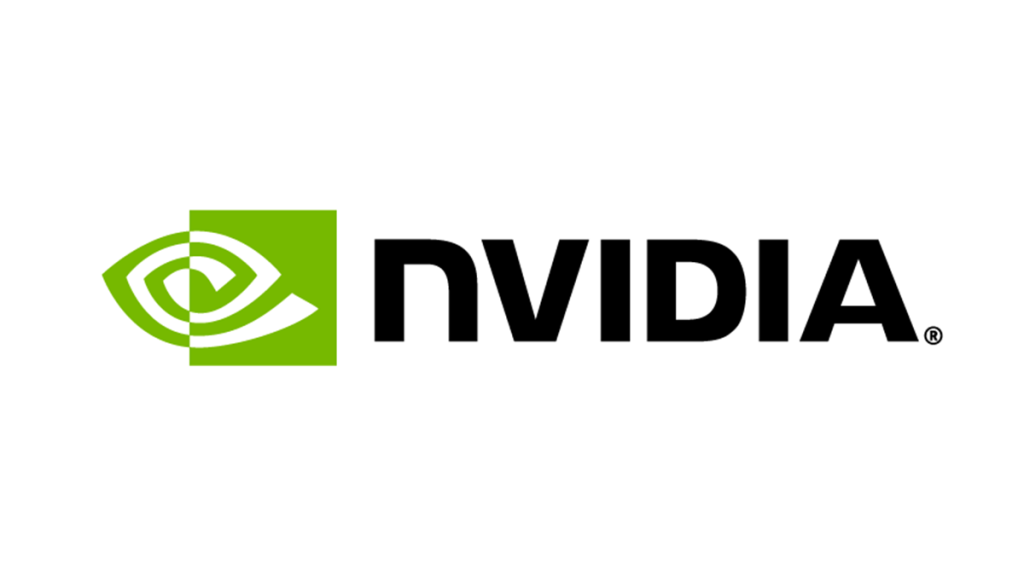We've covered a few stories on the theft of trade secrets in the tech industry in the past but usually, we don't see the culprits outing themselves to their former co-workers. Automotive technology company, Valeo, has filed a lawsuit against Nvidia alleging the theft of trade secrets after a former Valeo employee, who left to work for Nvidia in 2021, displayed stolen Valeo source code during a meeting between Valeo and Nvidia employees working together on a joint project.
Mohammad Moniruzzaman left Valeo to work with Nvidia on its automotive technologies team in 2021. However, it wouldn't be long before he was reunited with his former coworkers, as Nvidia and Valeo were tasked with working together on a project for an undisclosed automotive parts maker. During a video conference between the teams at Nvidia and Valeo, Moniruzzaman accidentally revealed that he had Valeo's source code open on his computer after minimising a PowerPoint presentation while screen sharing. Valeo employees quickly recognised what they were looking at and shortly after, German authorities came knocking.
As reported by Bloomberg, Moniruzzaman admitted taking sensitive documents and information from Valeo before departing the company in 2021, after investigators found all of the files on his computers, including his Nvidia-supplied work machine. He was later fined €14,400 for the theft.
Now, Valeo is also filing a lawsuit against Nvidia, alleging the theft of its trade secrets, including source code, PDF files, Excel spreadsheets and important details on how its technology functions – essentially everything you would need to rebuild their tech somewhere else.
While Nvidia has not issued a public comment, The Verge points out that its lawyers stated that Nvidia has no interest in using the stolen materials in a letter sent to Valeo's legal representation. However, Valeo asserts that Nvidia could still stand to benefit from the theft in the form of lower R&D costs. The company also claims in its filing that if any of the code had been merged into an Nvidia database and gone through edits and feedback loops, it may not be removable at all.
It is worth noting that we do not know if Nvidia knew about the stolen assets, or if they were ever used as part of Moniruzzaman's work at the company. Nvidia says it did cooperate with the German authorities during their investigation. While files were found on Moniruzzaman's work machine, that does not mean they were shared with other employees or uploaded to Nvidia's network.
Discuss on our Facebook page, HERE.
KitGuru Says: There is no trial date yet so we'll have to hang back and wait to see how this all shakes out in the court system.
 KitGuru KitGuru.net – Tech News | Hardware News | Hardware Reviews | IOS | Mobile | Gaming | Graphics Cards
KitGuru KitGuru.net – Tech News | Hardware News | Hardware Reviews | IOS | Mobile | Gaming | Graphics Cards



